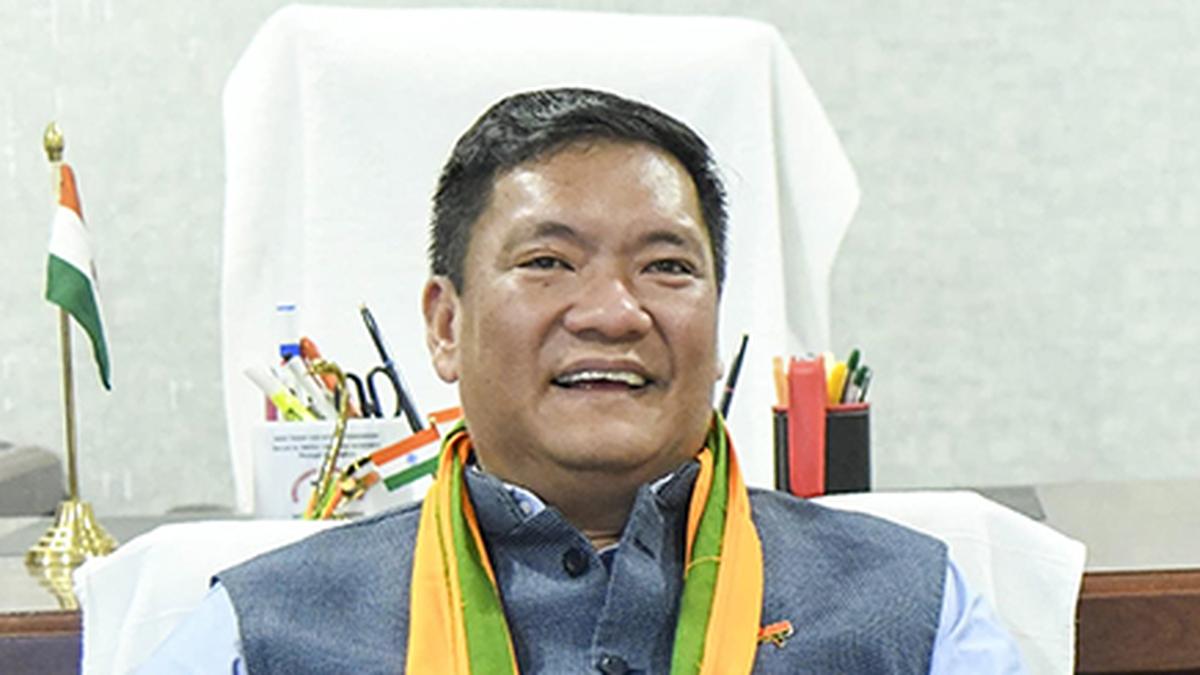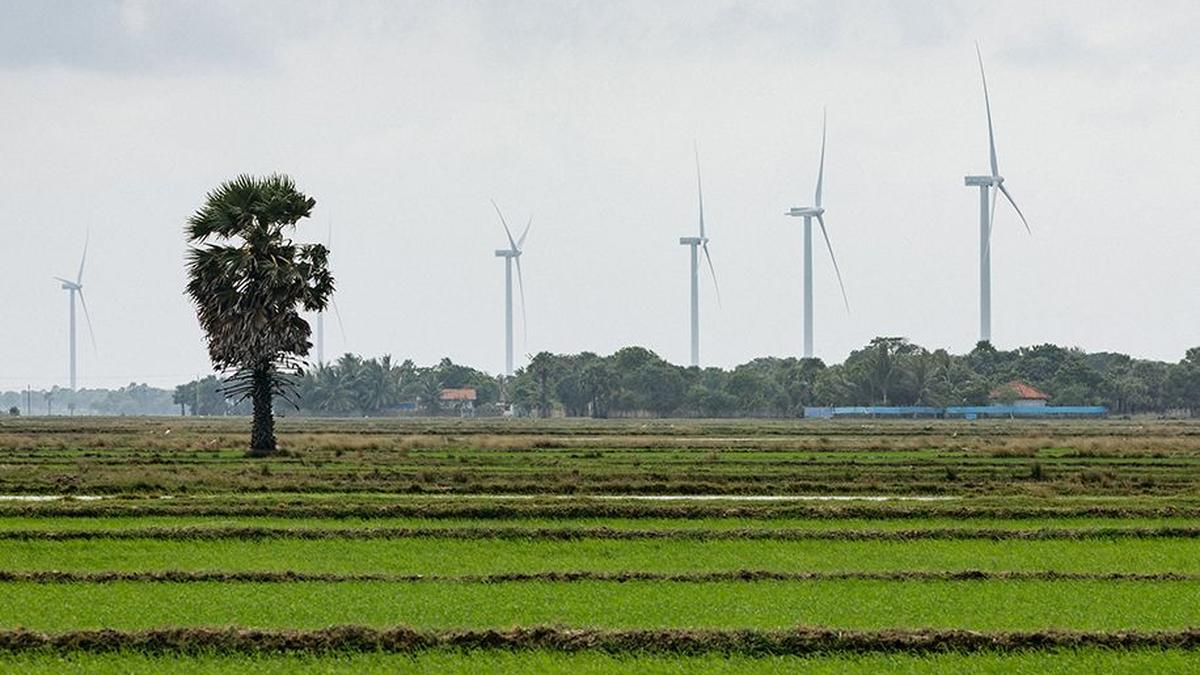GUWAHATI
Arunachal Pradesh Chief Minister Pema Khandu said China’s refusal to enter into binding international water treaties, and selective sharing of hydrological data have raised concerns in the northeastern region.
Speaking at the inaugural function of a seminar titled ‘Environment and Security’ organised at the State Assembly in Itanagar on Friday (January 24, 2025), he drew the attention of all stakeholders towards the Chinese plan to construct the world’s largest hydropower project on the Yarlung Tsangpo river, which enters Arunachal Pradesh as Siang and becomes the Brahmaputra in Assam before flowing into Bangladesh as the Jamuna.
In December, China confirmed plans to build a 60,000 megawatt dam close to the Arunachal Pradesh border in Tibet. Beijing claimed the hydroelectric project would have minimal impact on the Himalayan and sub-Himalayan regions.
The implications of China’s mega-dam project | Explained
“The dam will let China control the timing and volume of water flowing downstream, which can have devastating effects during periods of low flow or drought. The mighty Siang or the Brahmaputra river will dry up during winters, disrupting life in the Siang belt and the plains of Assam,” Mr. Khandu warned.
On the other hand, sudden release of water from the dam could cause severe flooding downstream, particularly during the monsoon season, displacing communities, destroying crops, and damaging infrastructure. “Furthermore, the dam will alter the sediment flow, affecting agricultural lands that rely on the river’s natural replenishment of nutrients,” he said.
China’s construction of the world’s largest hydropower dam on the Yarlung Tsangpo river poses significant risks to the water security, ecology, and livelihoods of millions of people downstream in Arunachal Pradesh, Assam, and Bangladesh. “The potential disruption of water flow, flooding, and ecosystem degradation could have far-reaching consequences for us,” Mr. Khandu said.
Pointing out that most major rivers of India originate from the Tibetan plateau, the Chief Minister said the Chinese government’s “rampant exploitation” of Tibet’s natural resources poses a serious threat to the very existence of these river systems upon which millions of Indians depend for survival.
“Tibet is often referred to as the ‘Water Tower of Asia’, supplying water to over a billion people in the region. Its environmental health is critical not only to China and India but to much of Asia. Therefore, India, given its direct dependency on Tibet’s rivers and climate patterns, has a significant role to play in global environmental conservation efforts,” he said.
The Chief Minister hoped that the discussions during the seminar would yield possible solutions to mitigate the alarming environmental situation in Tibet that has put the South and Southeast Asian regions at risk. He suggested the urgent need for “cooperative governance of shared water resources” in Asia.
The seminar, focussing on the environmental situation in Tibet and its relation to India’s security, was organised by the Tibet Support Group of Arunachal Pradesh, and the Core Group for Tibetan Cause.
Among the participants were Sikyong Penpa Tsering from the Central Tibetan Administration; Lok Sabha member and co-convenor of the All-Party Indian Parliamentary Forum for Tibet Tapir Gao; and representatives of the Arunachal Indigenous Tribes Forum.
Published – January 24, 2025 07:40 pm IST







